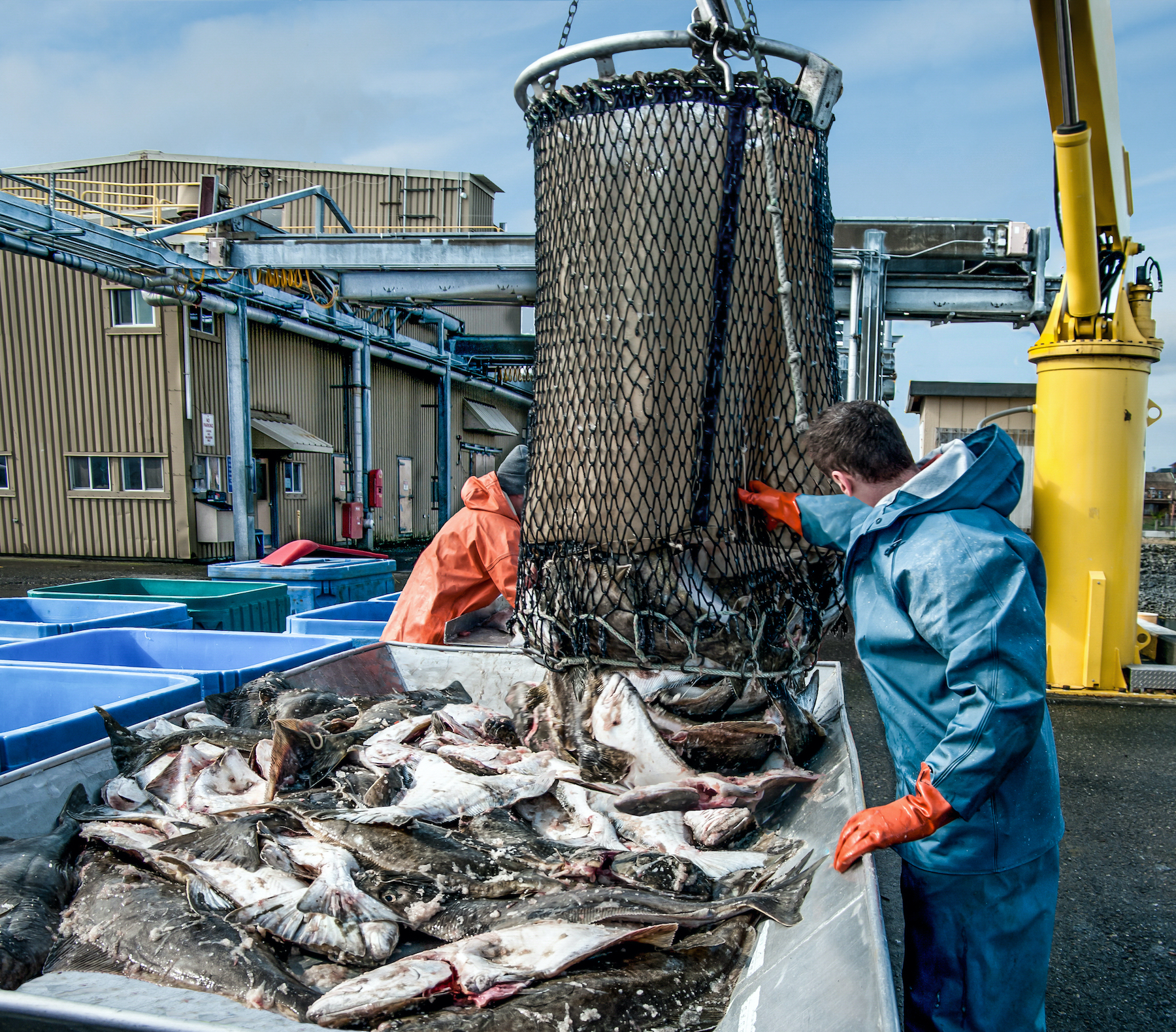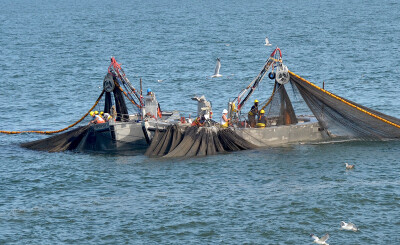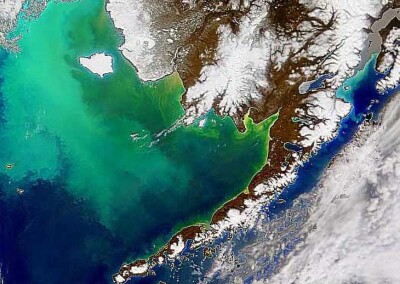Along with the certainty of death and taxes, fishermen know universally that the council process is a slog. We are often faced with the dual realities that a slow process works to ensure robust stakeholder input as well as sometimes letting fishery oversight slip behind the pace of changing ocean dynamics.
Indeed, by the time a management plan is amended, the council and stakeholders typically get right to work on the next one to address the problems that evolved during the arduous process of making the last one.
Though there are many things one might change about the process, none of them is likely to transform fishery management into that elusive unicorn of efficient bureaucracy.
Earlier this month, however, at the close of its spring meeting, the North Pacific Fishery Management Council moved faster than I’ve ever witnessed in council history by making a series of rule changes in response to something that happened around that very April meeting. This swift action was taken to address the council’s public comment guidelines based on the quality and apparent abundance of input on halibut and salmon bycatch.
I understand that stakeholder input in a blue-collar industry is not always going to be composed in the same language an office dweller might employ. I also appreciate that social media and casual access to industry leadership may encourage less formal and even occasionally uncomfortably personal commentary. I don’t think it’s appropriate for anyone to submit public comments that include personal attacks, profanity or baseless accusations. And ostensibly, that’s what these new rules aim to curb.
However, the new terms cut too wide a path for staff to strike from the record any comments that they interpret to be “off topic” or that make “unsupported accusations.” The changes also include severe limitations on the time frame in which comments may be submitted — opening the comment period 7-10 days before the meeting but also suggesting that they be closed up to five days before the meeting (Wednesday before the following Monday start). Does that mean the public would have roughly 3 to 6 days to submit comments? Many Alaska fishing trips last longer than that.
(I reached out to the council’s executive director, Dave Witherell, for comment, but did not get a reply before publication.)
Opening avenues for staff to strike comments from the record before they’re documented for the public to see puts far too much onus on the public to double check on its own access to its own government. And what if a stricken comment is deemed to be edited unfairly?
I believe it is a violation of the democratic process for a public, federal rule-making body to edit stakeholder feedback or to make sweeping rule changes on when and how the public may comment without consultation of the people they serve. (Yes, I fully grasp the irony of taking comments about how to take comments, but that’s how it goes when you work for a transparent government agency.) And that’s the heart of the problem with this new rule — it specifically undermines transparency in the name of civility.
If profanity and personal attacks are unacceptable, then indeed those terms can be defined. But who is to say how one staffer might interpret a comment to be “off topic”?
I appreciate the work the council members and staffs do. Without a doubt it is grueling and underappreciated. However, all government bodies are doing the work of the people. And as difficult as it is, that means opening channels of communication as deep and as wide as you can dredge them, not constricting them to reduce the burden of hearing from the people whose lives and livelihoods your work defines.







